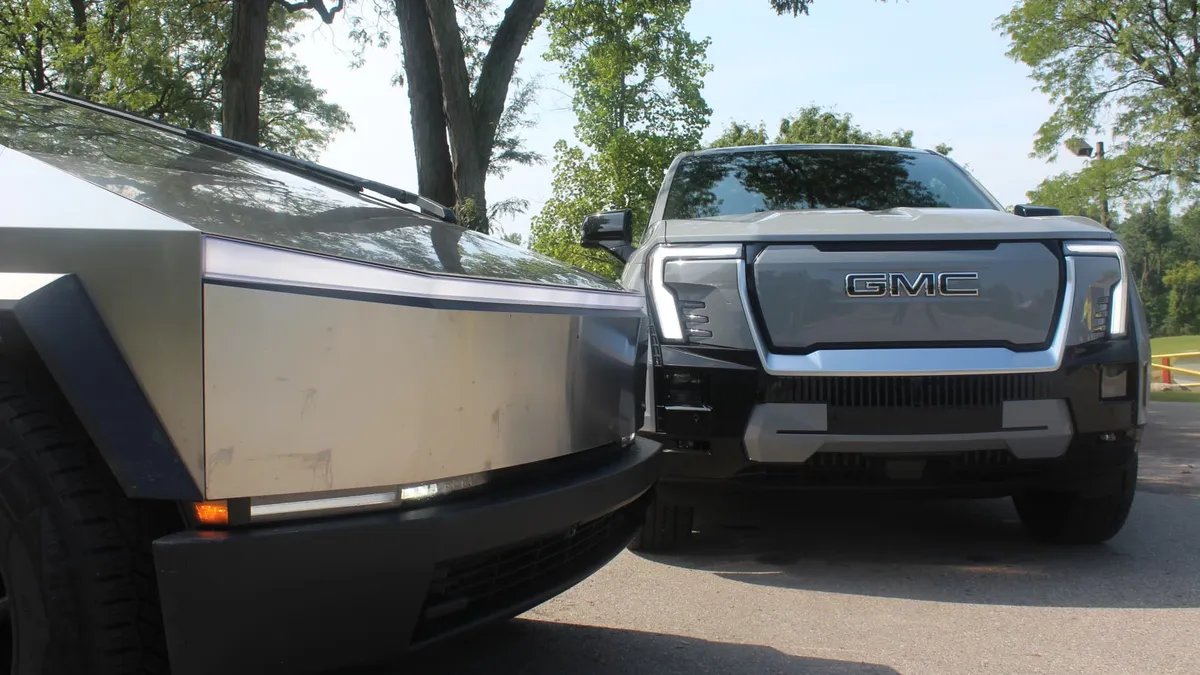
According to a recent report by Michael Wayland for CNBC, Tesla and General Motors (GM) are at the forefront of the U.S. automotive industry this year, achieving record sales of all-electric vehicles (EVs). As consumers rushed to purchase EVs before the expiration of federal incentives of up to $7,500, U.S. sales surged. Data from Motor Intelligence reveals that domestic sales of EVs surpassed 1 million units in the first nine months of 2023, with a remarkable quarterly record of over 438,000 units sold in the third quarter. This surge has resulted in a market share of 10.5%, a significant increase from 7.4% in the second quarter and 7.6% in the first quarter of the year.
Motor Intelligence also estimates that EV sales could reach approximately 1.3 million units in 2024, projecting a market share of around 8%. As the leading player in the U.S. EV market, Tesla is estimated to hold a commanding 43.1% market share through September. However, this figure marks a decline from 49% at the end of the previous year, reflecting the growing competition as new EV models enter the market.
General Motors, which boasts the largest variety of EV models available in the U.S., has made substantial progress this year. According to Motor Intelligence, GM's market share climbed from 8.7% at the beginning of the year to 13.8% by the third quarter, surpassing Hyundai Motor and its subsidiary Kia, which held 8.6% of the market. In a recent announcement, GM estimated that it leads the U.S. automotive industry in EV market share growth for 2025, despite offering the lowest incentives compared to other major automakers. The company sold 144,668 EVs through September, which accounted for just 6.8% of its total U.S. vehicle sales.
GM President of North America, Duncan Aldred, emphasized the company's favorable position in a changing U.S. market, stating, "We have the best lineup of ICE (internal combustion engine) and EV vehicles we've ever had." He highlighted the company’s ability to grow market share due to strong pricing, low incentives, and manageable inventory levels.
Following Tesla and GM, Ford Motor holds a 6.6% market share in the EV segment, with Volkswagen at 5.4%, Honda Motor at 4.6%, and BMW at 3.6%. In contrast, EV startups such as Rivian Automotive and Lucid Group continue to struggle with relatively small market shares. As of September, Lucid remains below 1%, while Rivian has captured about 3% of the market.
The recent increase in electric vehicle sales coincides with the impending end of federal incentives, a situation stemming from the Trump administration's One Big Beautiful Bill Act. Industry analysts and executives caution that the expiration of these incentives may lead to a volatile sales environment for EVs in the U.S. Ford CEO Jim Farley commented that he would not be surprised if the market share for EVs declined from approximately 10% to 12% in September to around 5% after the incentive program concludes.
As the electric vehicle landscape continues to evolve, both established automakers and startups will need to navigate these changes strategically to remain competitive in the growing market for sustainable transportation.